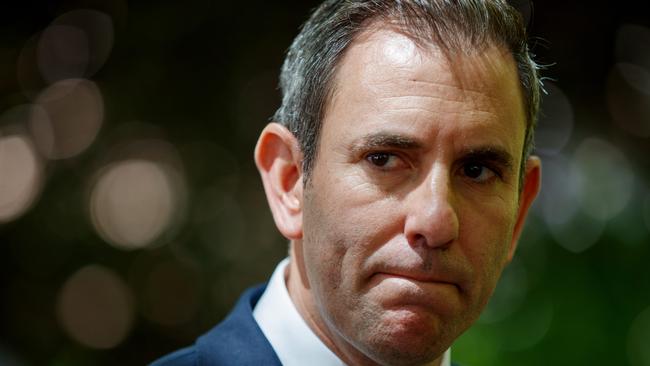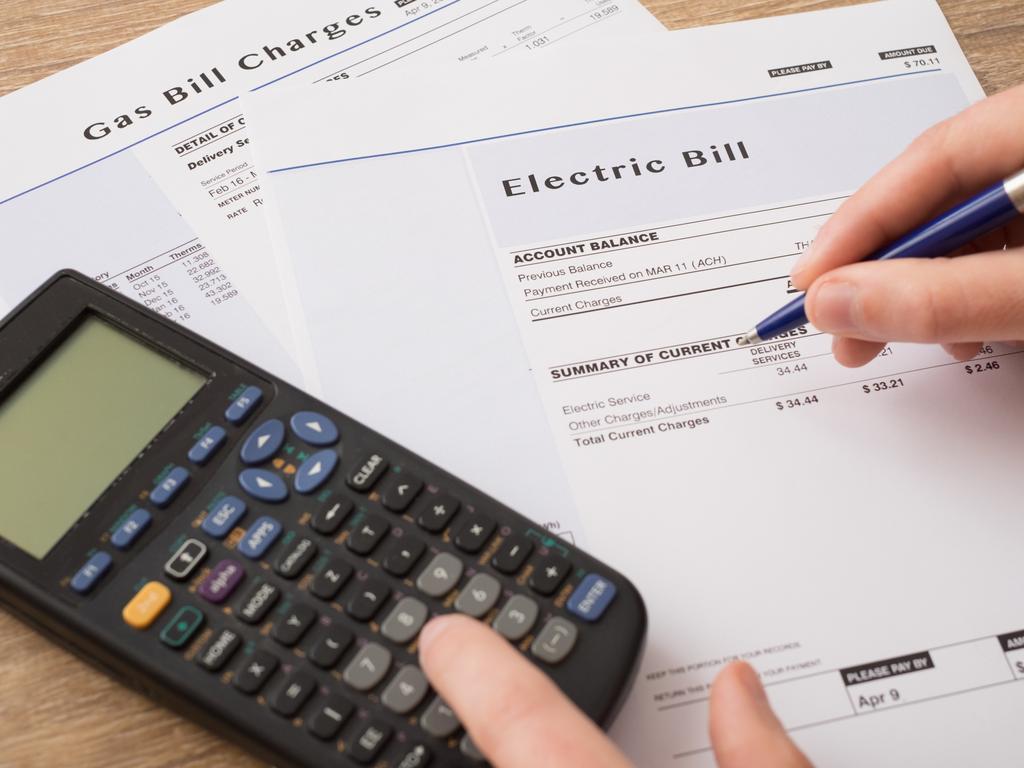
Instead, everyday investors will have to wait for next year’s long-promised – and now hotly anticipated – personal tax cuts.
Super investors will see nothing here to encourage a deeper commitment to our exceptionally successful super system: the government will make $2bn in the first full year of the new super tax which effectively raises tax on earnings above $3m to 30 per cent.
Once again the government has repeated the prediction that the new super tax will hit only 80,000 Australians, while industry modelling shows that two million Australians in the workforce today could fall into this new tax net when they go to retire – because it is not indexed for inflation.
As the government ties some of the energy costs “relief” to cleaner energy, the signs are that this government will continue to directly subsidise green energy.
Investors will watch closely how the government is playing hardball with fossil fuel industries and softball with the renewables sector, especially hydrogen. But even this government must tip its hat to our powerhouse iron ore sector, with Treasury changing a very long-held assumption on the iron ore price which now “assumes” it will be worth at least $US60 a tonne.
With iron ore actually making north of $US100 a tonne, the message is that the iron ore sector will be stronger for longer.
The change of heart in Treasury will also buoy some of our biggest listed companies – BHP, Rio and Fortescue.
Investors will also pay close attention to the Treasurer’s concern over inflation. However, many will seek a “second opinion” on the forecast from the government that inflation is going to drop from 6 per cent to 3.25 per cent next year.
Indeed, the Treasurer’s continuing claim that inflation is the central challenge for the government will be interpreted by active investors as a call to action in terms of seeking inflation-proof investment such as infrastructure and transport stocks that have the ability to be “price makers” which can push through inflation-linked increases.
Scattered across the budget are a number of implicit changes that may well puzzle the casual observer.
For example, the amount you can have in super tax-free will rise from $1.7m to $1.9m thanks to inflation indexing – no wonder inflation is a central concern for the Treasurer.








This Budget moves decisively to help those who can’t help themselves: older job seekers and struggling tenants get a big hand out. But for those who wish to buy a house – or to save faster than rising inflation – there are slim pickings.